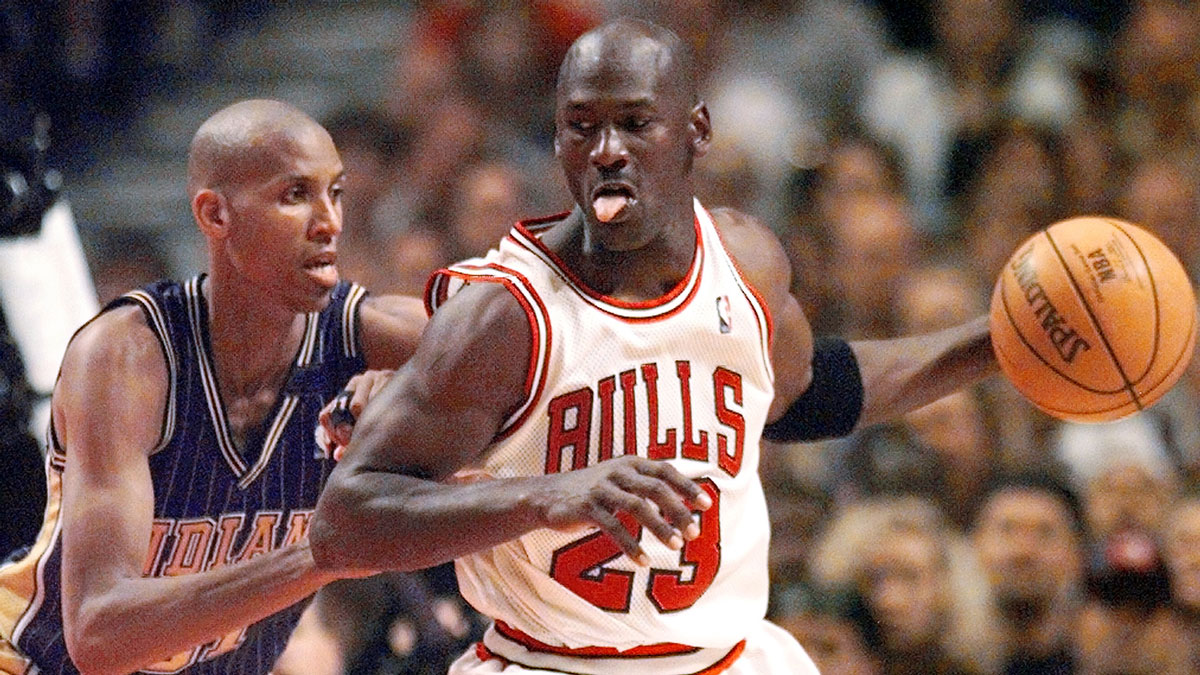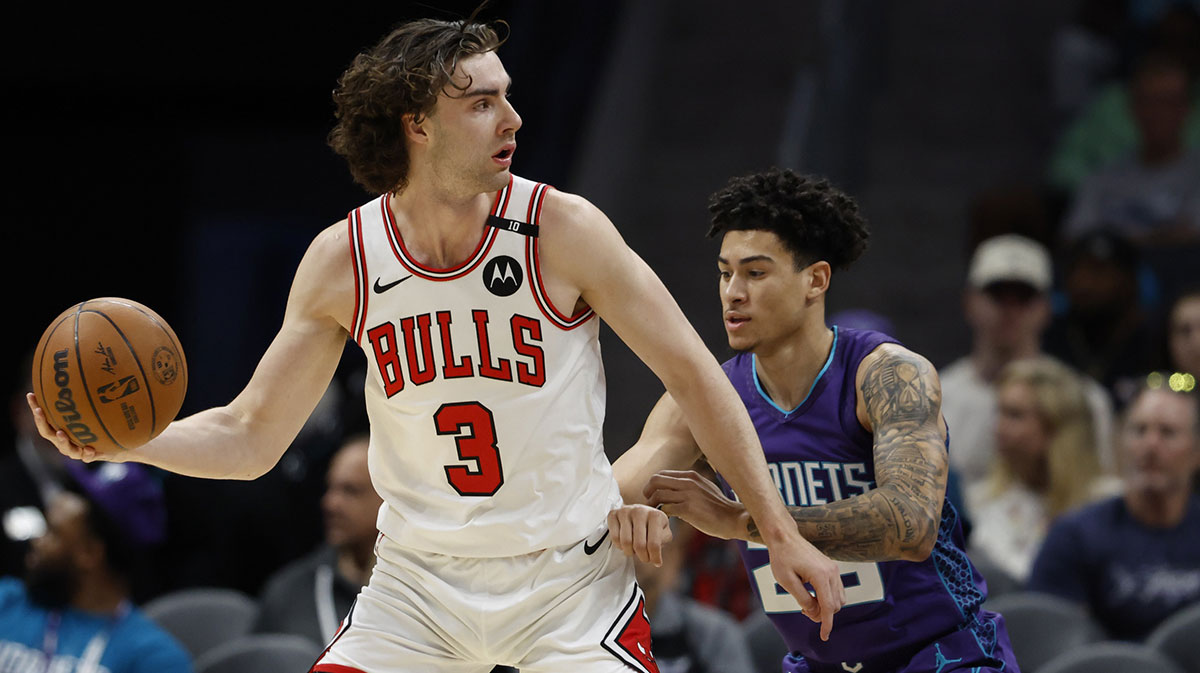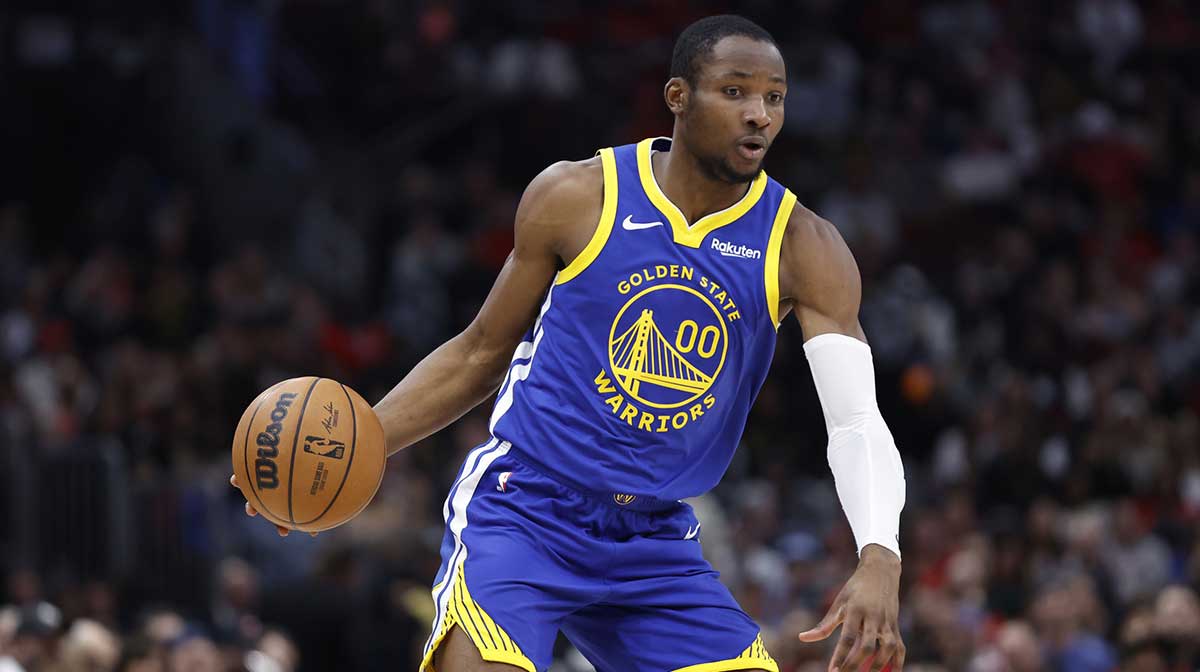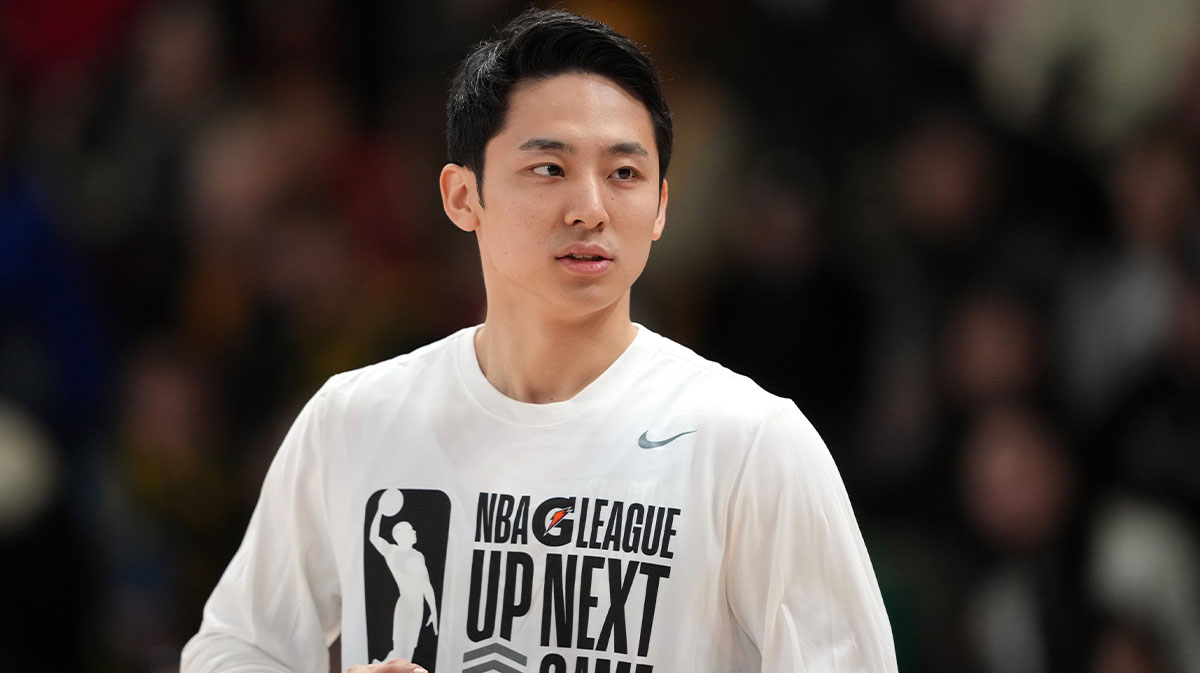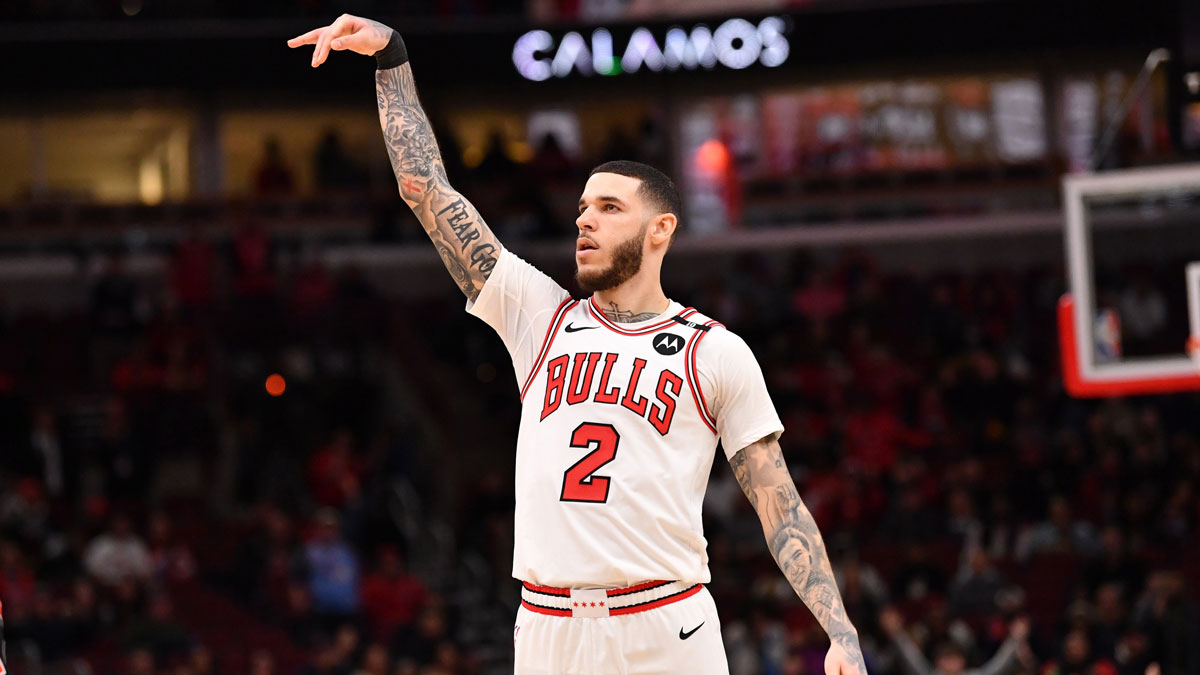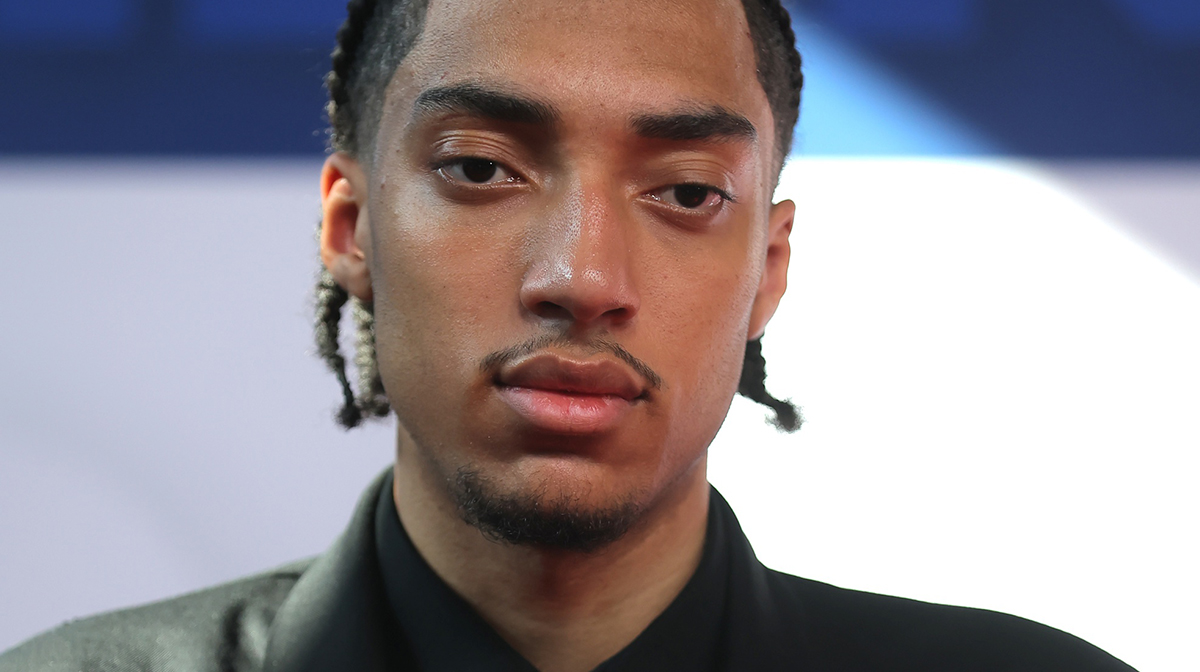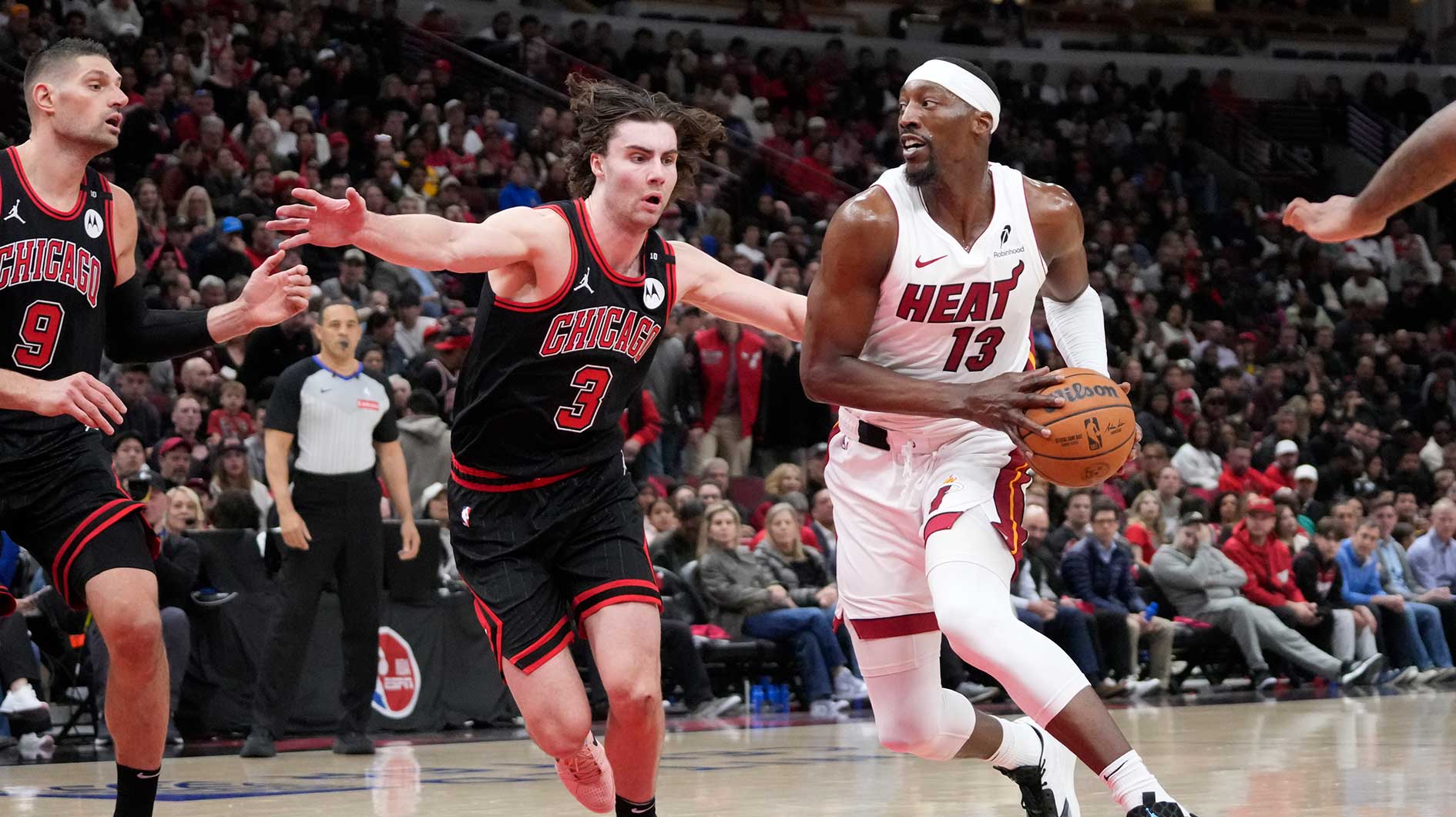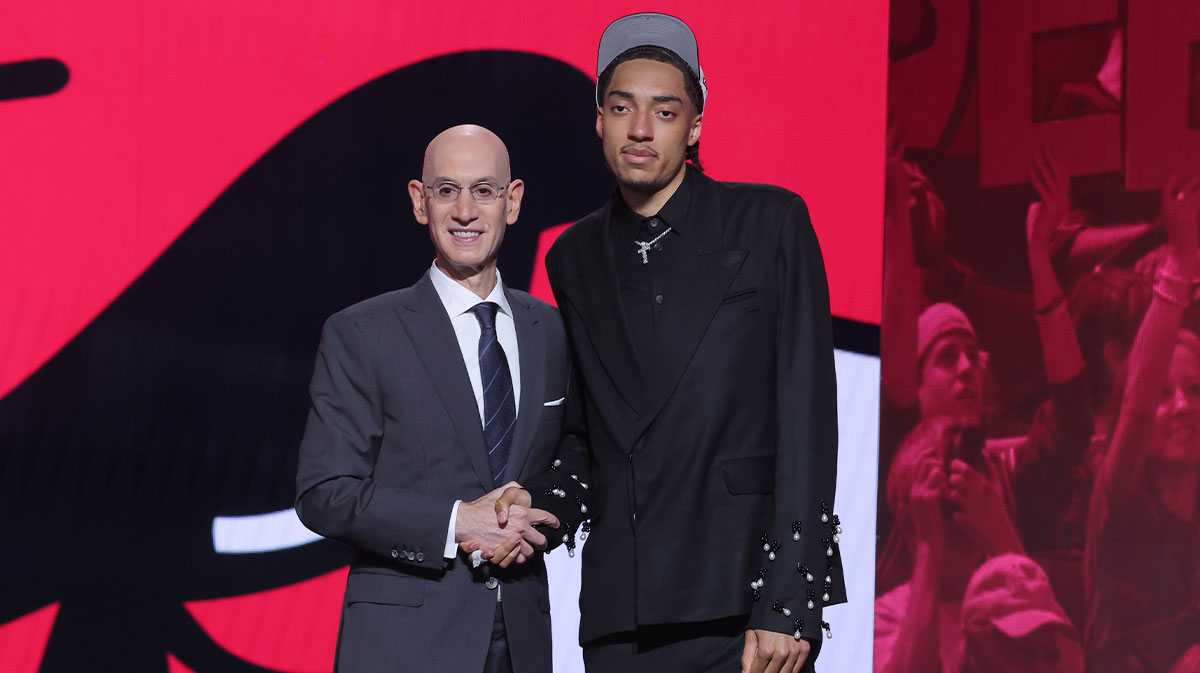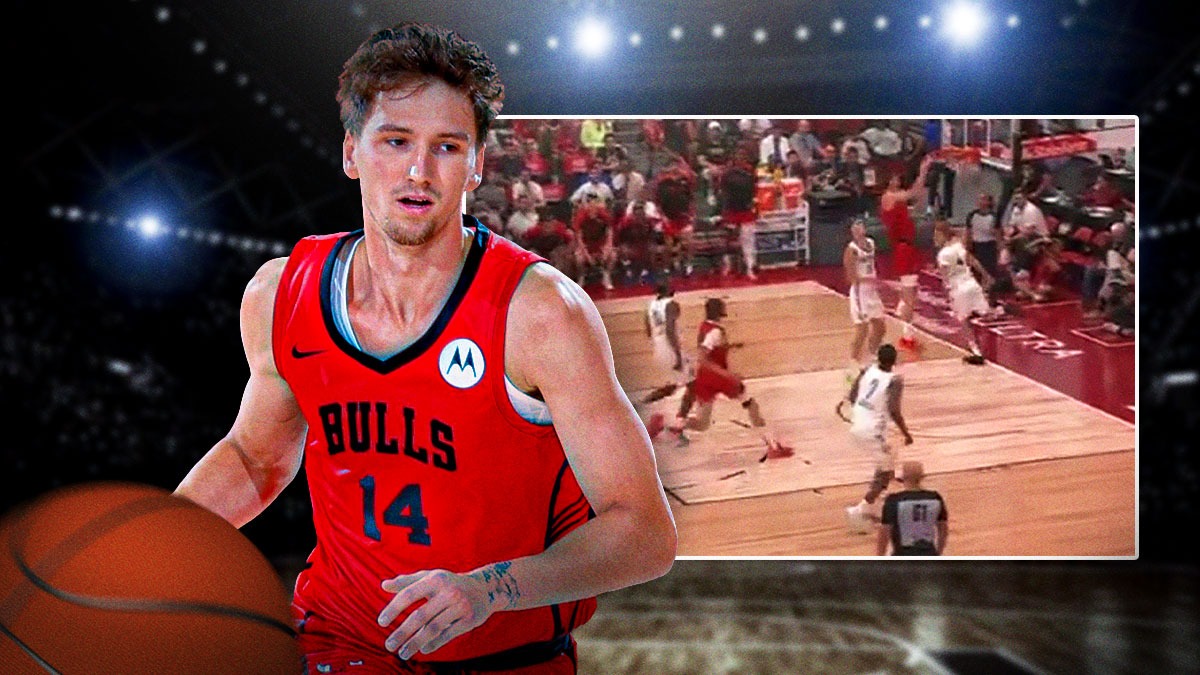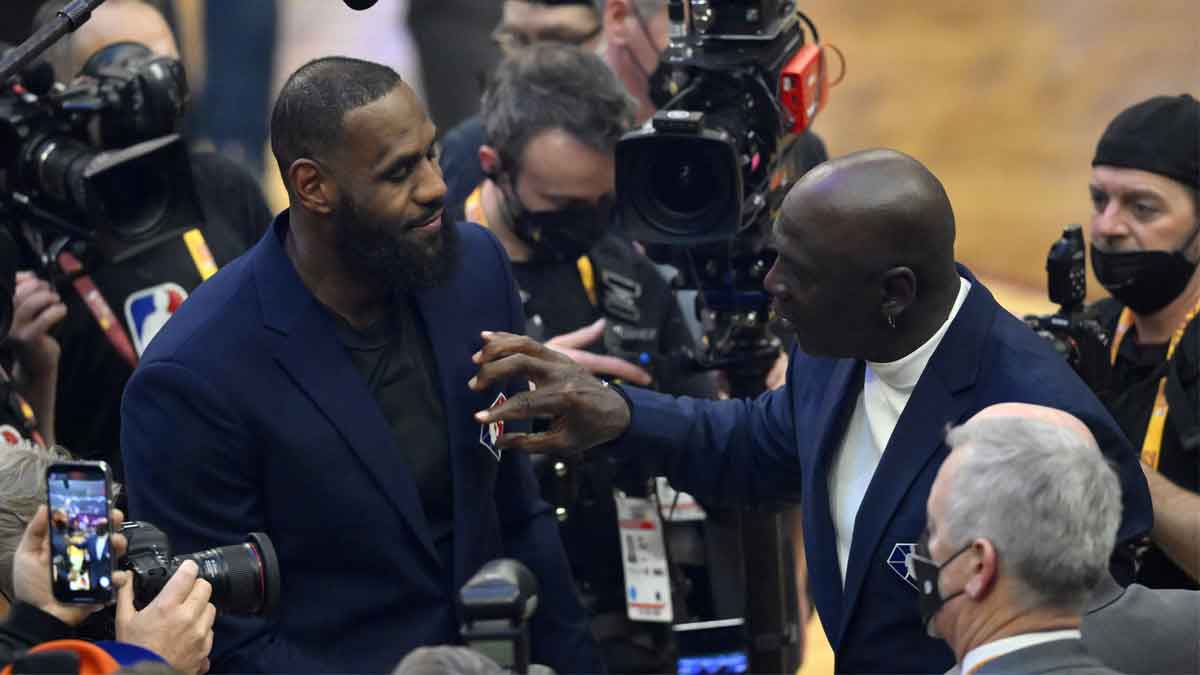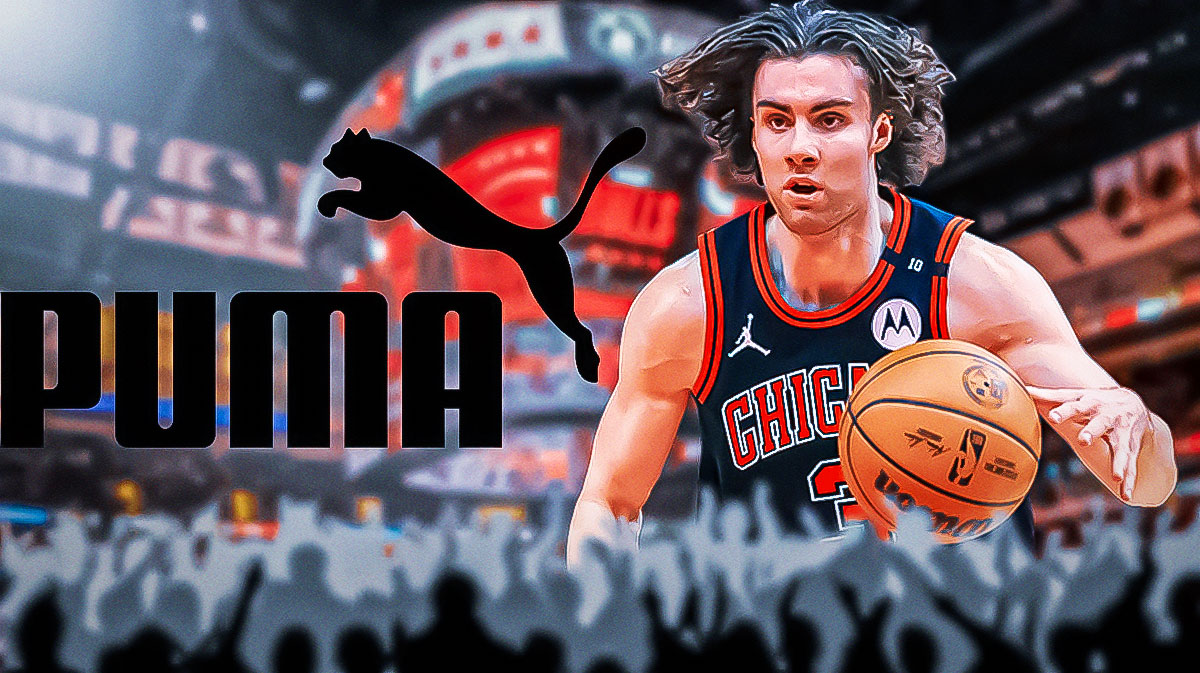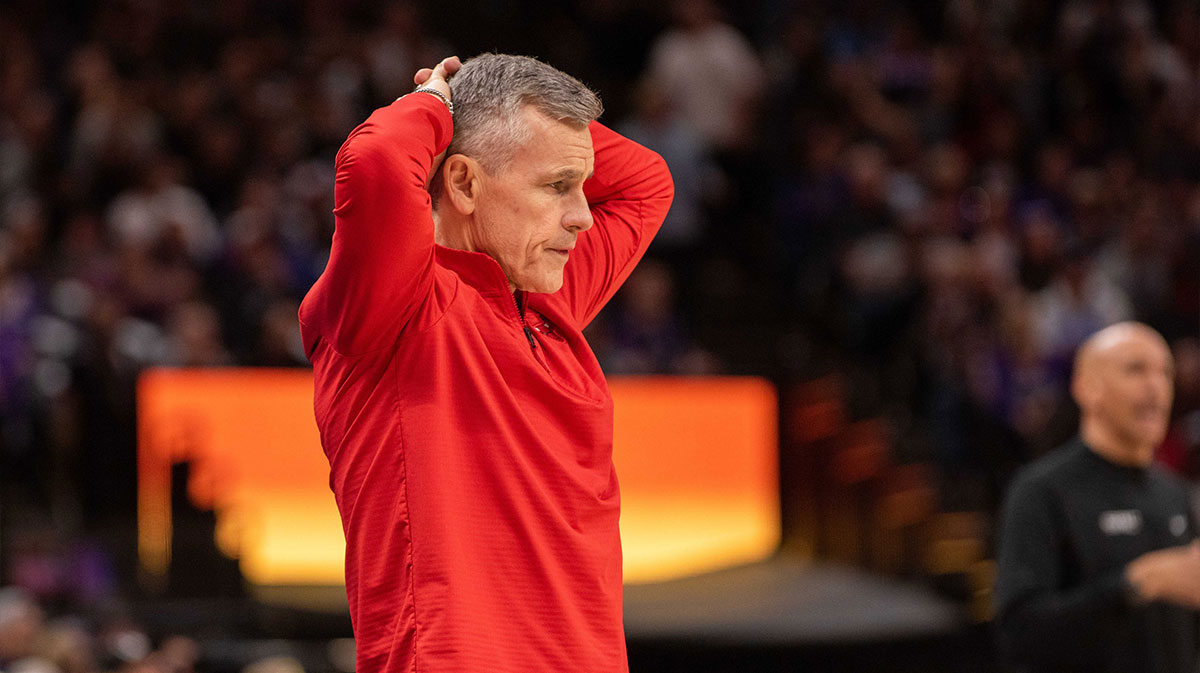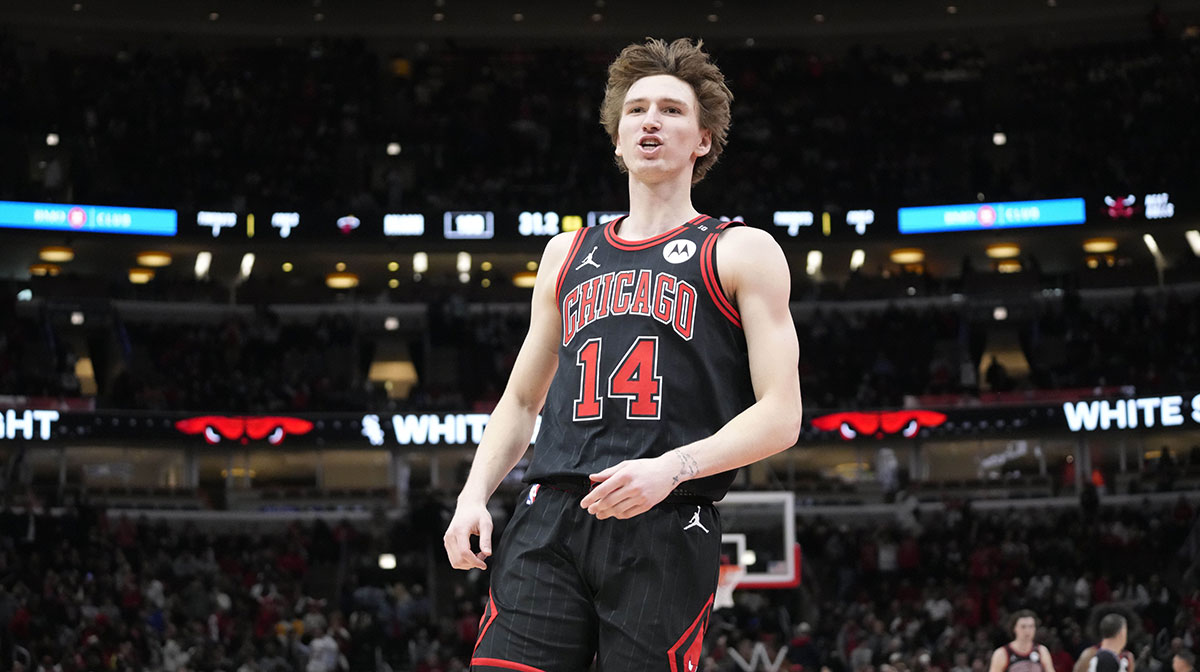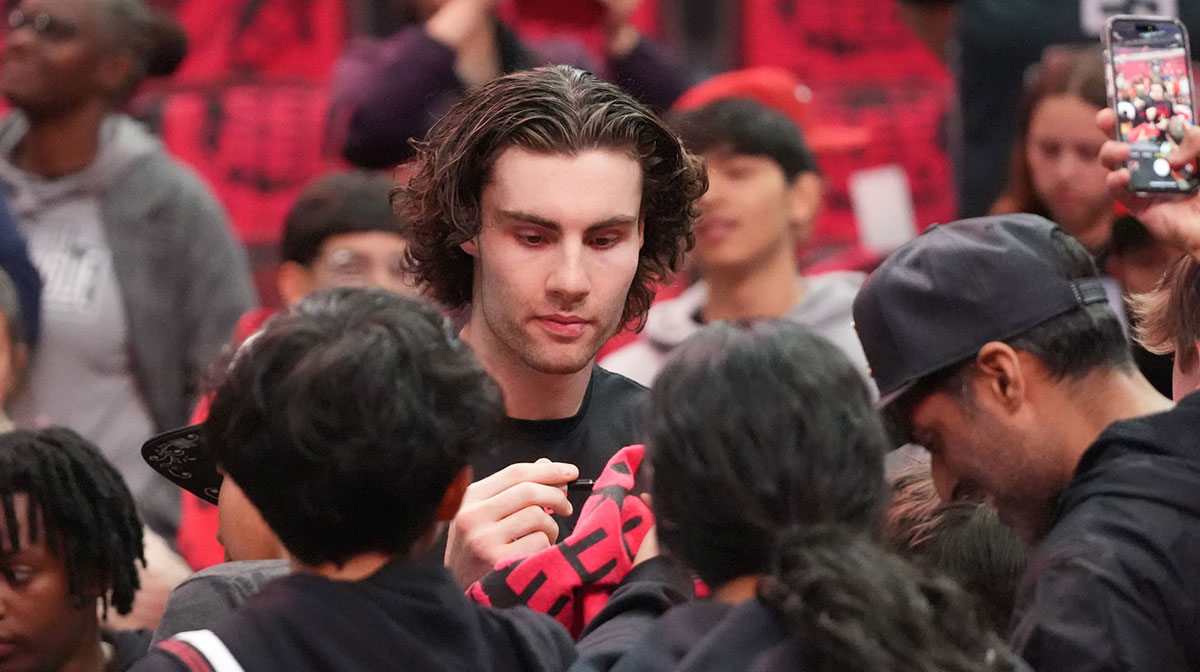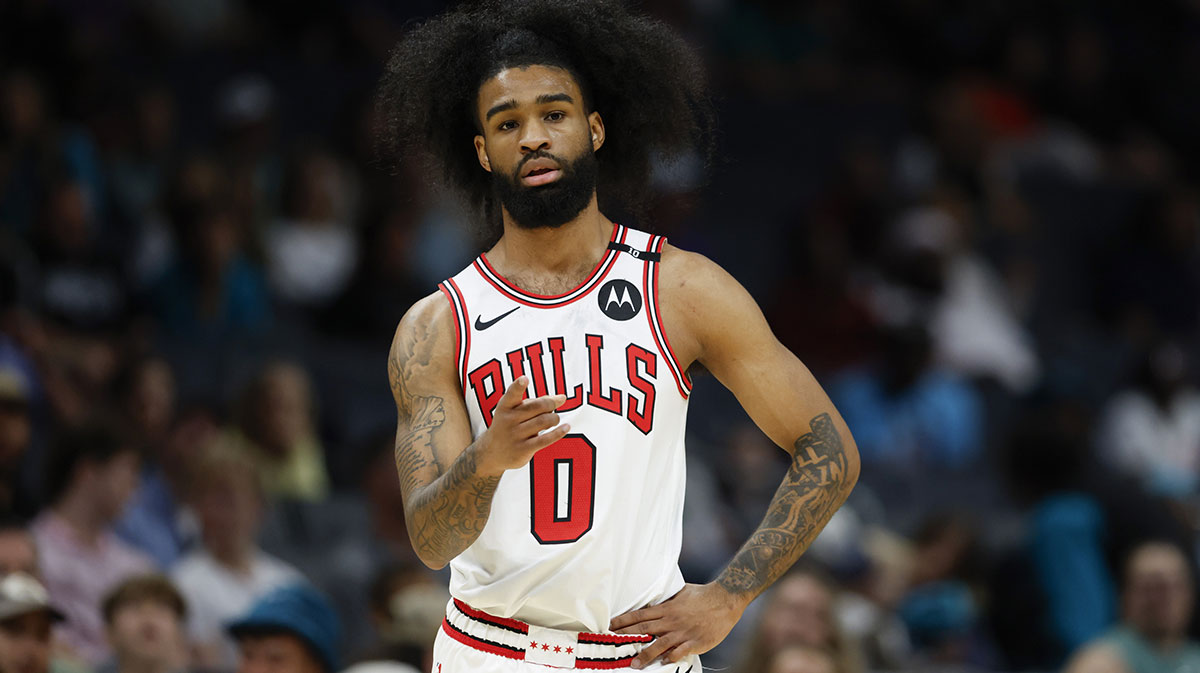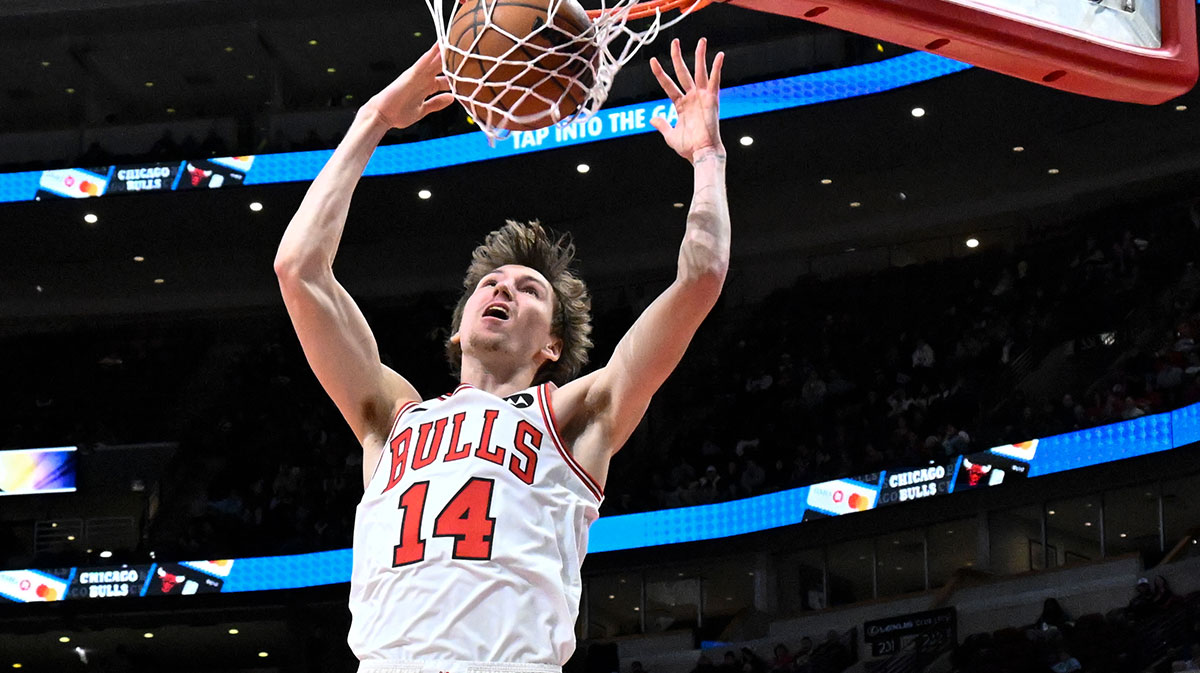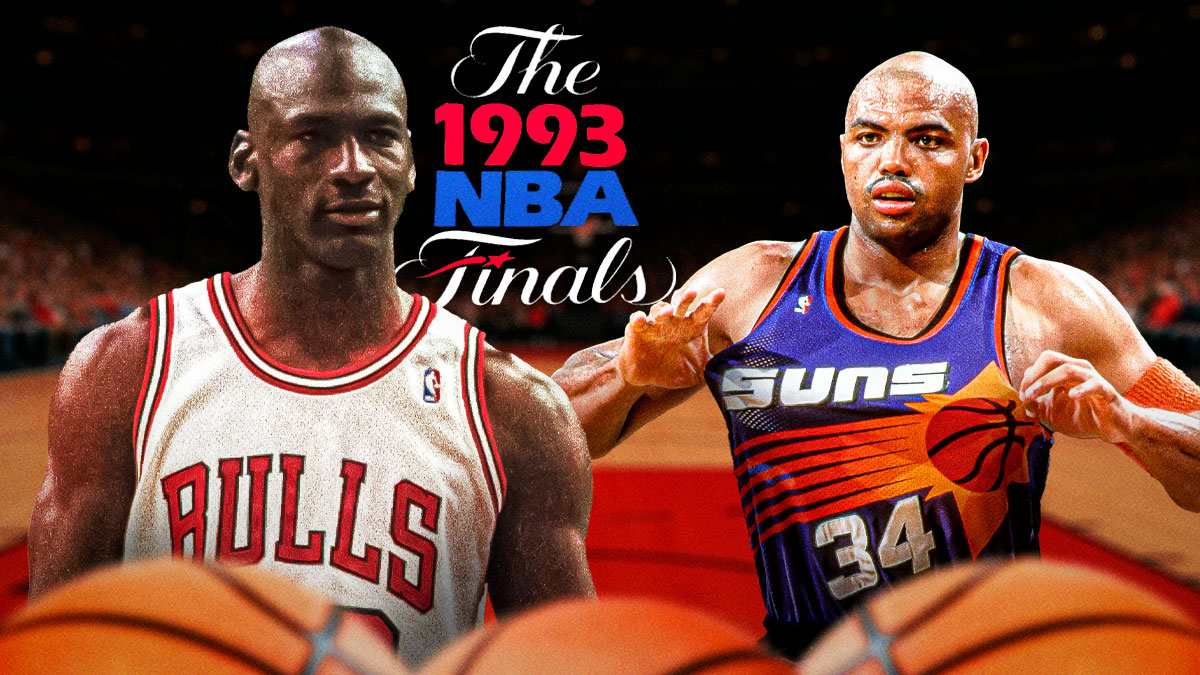Episodes 9 and 10 of “The Last Dance” brought the 10-part docuseries to a bittersweet end, reliving not only Michael Jordan's final moments as a member of the Chicago Bulls but leaving the sting of the potential “what if” as the dynasty broke up after that sixth championship.
Let's take a look at some of the highlights from the final two episodes and then highlight big-picture takeaways from “The Last Dance.”
The legend of “Black Jesus”
As Reggie Miller so eloquently tells it, he once got the best of Michael Jordan during the first half of one of his first games against him and consequently trash-talked him to let him know about it.
“‘You’re Michael Jordan, the guy who walks on water?’” Miller recalled saying to Jordan at the start of Episode 9 — laughing it off like a fun anecdote.

Miller recalls only scoring two points in the second half and Jordan outscoring him greatly in the second half (he said 40-2 in the past).
Jordan, in true iconic fashion, responded after the Bulls walked away with a win over Miller's Pacers:
“Don’t ever talk trash to Black Jesus.”
Since then, Miller admits he has never referred to Jordan by his full name, instead calling him only by his last name, “black cat,” or “Black Jesus.”
Jordan admitted in “The Last Dance” the Pacers were perhaps the toughest team the Bulls played in the playoffs next to the Detroit Pistons.
Jordan's Bulls went up 2-0 in the 1998 Eastern Conference Finals, only to lose Game 3 and lose again in Game 4 in a barn burner as a Reggie Miller 3-pointer helped Indiana even up the series. A 19-point win in Game 5 would put the Bulls ahead 3-2, but the Pacers came back to win Game 6 to get Jordan to his first Game 7 since 1992.
The Bulls won Game 7 and punched a third straight ticket to the NBA Finals after Jordan put up 28 points, nine rebounds, and eight assists. The most memorable postgame moment came in a fun interaction with his former rival, Larry Bird, who coached that Pacers team:
THIS MOMENT RIGHT HERE BETWEEN LARRY BIRD AND MICHAEL JORDAN!!!!!! 🤣🤣🤣🤣🤣 #LastDance pic.twitter.com/hDuVr7h2XP
— Darren M. Haynes (@DarrenMHaynes) May 18, 2020
Never change, Black Jesus.
“The Flu Food Poisoning Game”
As Michael Jordan's personal trainer tells it in “The Last Dance,” the popular “Flu Game” was actually a case of food poisoning, as Jordan had gotten hungry at late hours of the evening before Game 5 of the 1997 NBA Finals.
Jordan ate a whole pizza by himself despite Tim Grover's advice to not do so. The munchies were simply too much to overcome, even for a star of Jordan's caliber. As Grover recalls, Jordan was throwing up, twisting and writhing in pain at high hours of the morning:
Michael Jordan confirms that the ‘Flu Game’ in game 5 of the 1997 NBA Finals was actually food poisoning…5 dudes delivering a single pizza 🧐 #LastDance pic.twitter.com/I7E4qmsE2f
— Kevin Gray Jr. (@KevinGraySports) May 18, 2020
Backup center Bill Wennington recalls Jordan being hooked up to an IV hours before the game.
Jordan didn't look like himself for the first few minutes, but soon found a jolt of energy to play like his former self. He scored 38 points through 44 minutes, including the game-sealing 3-pointer — leaving the game in the final seconds with help from sidekick Scottie Pippen.
“The Last Shot”
The Bulls met the Utah Jazz in the NBA Finals for a second straight year, splitting the first two games of the series before returning to Chicago for Game 3. That resulted in the biggest ass-whooping the NBA Finals has seen to this day, as the Bulls torched the Jazz 96-54 in Game 3.
Those 54 points stand as the lowest score for an NBA team in an NBA Finals game, and the 42-point differential is still the biggest win margin in NBA history during a Finals game.

Game 4 would give the Bulls a third straight win and all the momentum with a 3-1 series advantage, but the Jazz managed to edge the Bulls by two points in Game 5 to draw closer.
Game 6 was as heroic as it can get. Scottie Pippen, who had a lingering back injury, hurt it on the first play of the game — he left the game before rejoining the team later on after some heavy treatment. Jordan had 29 points by the start of the fourth quarter but kept on pressing the action with a hobbled Pippen only capable of playing a supporting role.
NBC's Bob Costas, who was part of the crew covering the game, called the last 40 seconds of Game 6 of the 1998 NBA Finals the best he has ever seen.
After a John Stockton 3-pointer put the Jazz ahead 86-83, Jordan took it upon himself to drive right past Bryon Russell for a blow-by layup. Down a point, Jordan snuck behind Karl Malone and stripped “The Mailman” of his correspondence to earn the Bulls one final possession.
Head coach Phil Jackson refused to call a timeout, knowing the Bulls would be better suited taking their chances against a Jazz team without any instructions from head coach Jerry Sloan. Jordan took on Russell yet again, driving hard to his dominant right hand, only to give him a slight nudge with his left hand, cross over from the top of the key and bury a clean mid-range jumper that tickled twine:
Jordan discussed pushing off on Russell, noting the push was slight considering the Jazz defender's momentum was already going that way after trying to keep up with his drive:
“Everybody says I pushed off … bulls—t,” said Jordan. “His energy was going that way. I didn’t have to push him that way.”
It's worth pointing out that Jordan had blown past Russell on the previous play, hence why the defender was so keen on containing the drive. Jordan finished with 45 points and four steals in that sixth title-clinching win to wrap up “The Last Dance” season.
What could have been
The last few minutes of “The Last Dance” leave a little intrigue, as Phil Jackson remembers Bulls owner Jerry Reinsdorf calling him and asking him to return for the 1998-99 season. Jackson noted he was ready to step away from the game and didn't see it as fair for then-GM Jerry Krause to have to withstand a wrench into his plans to blow up the roster and rebuild.

Michael Jordan retired for a second time during that lockout season. Scottie Pippen was traded away in a sign-and-trade deal, and so was Steve Kerr. Dennis Rodman was released, ushering in a new era of Bulls basketball after the Jordan reign brought six titles in eight years.
Jordan noted it was not “satisfying” to retire at the apex of basketball, but rather “maddening” to do so, knowing he could have won a seventh title if the band was back together. Reinsdorf reasoned that the “market value” for guys like Pippen, Rodman, Kerr, and Harper would have been too high to make sense for the team, while Jackson did not want to coach a “bad team” and go through a rebuild.
After hearing Reinsdorf's reasoning, Jordan argued that the Bulls could have made a run at it by asking all the aforementioned to sign one-year deals. Jordan himself was coming off one-year deals during his last three-peat with Chicago and was confident they would have all accepted one-year offers for another run at greatness.
What we learned
“The Last Dance” offered 10 hours of reliving history, but this docuseries painted Michael Jordan's career with a different brush stroke. It delved into his successes and his failures with viewpoints of his friends, rivals, and many contemporaries who covered that era of Bulls basketball.
It allowed viewers to reminisce about his glory and see long-lost details of how it came to be. We learned of his ruthless approach to winning and how at times he took it too far, but we also saw how his teammates valued the lessons they learned from him.
Most importantly, we saw Jordan account for his behavior and witnessed a glimpse into his humanity — the part that cared and knew the sacrifices he had to make to become the winner he was throughout his career.

We learned untold stories, lost details, fun anecdotes, and got to see the legend of Michael Jordan and those '90s Bulls in a completely different light. We got to see it with fresh eyes and no distractions.
Perhaps this 10-part docuseries should have come out long ago, but it couldn't have premiered at a better time — when sports-starved fans will clutch to the faintest remnant of good television for their entertainment.
“The Last Dance” delivered more than just hoopla, all-time best lists, endless GOAT conversations, and unsolved drama from 20 years ago. It also gave older fans a chance to relive a special time in history and gave those who never witnessed it a chance to grasp Jordan's impact on what the NBA is today.
That alone was worth those five Sunday nights of reliving history.

